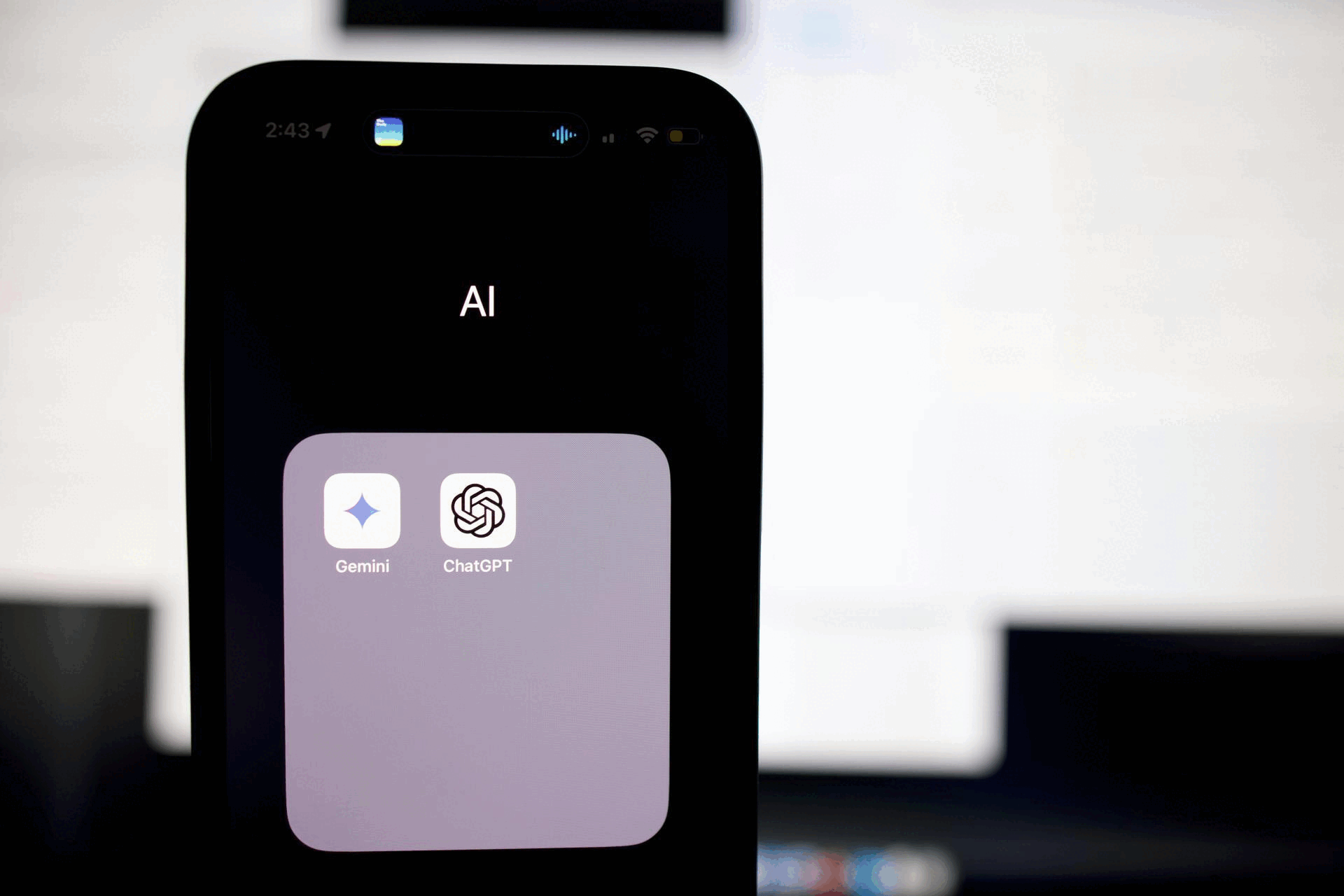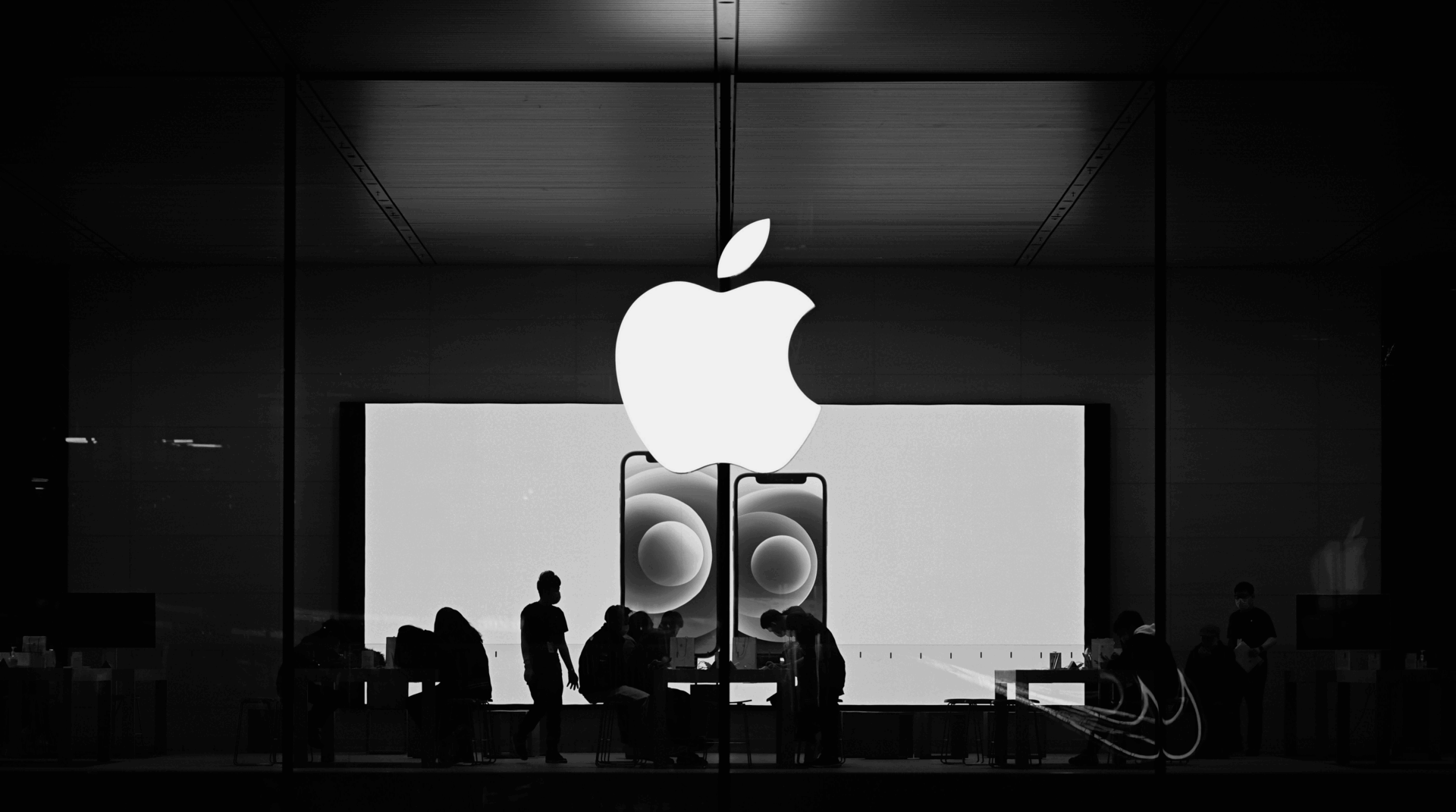Alan Rusbridger: Smartphone Tracking is the Biggest Debate of the 21st Century
- Friday, March 28th, 2014
- Share this article:
 Speaking at the LSE’s Polis Journalism Conference about the fallout from the Guardian’s spying revelations, editor Alan Rusbridger said that, whether innocent or guilty, the complicity of tech companies has allowed spies to piggyback on their infrastructure.
Speaking at the LSE’s Polis Journalism Conference about the fallout from the Guardian’s spying revelations, editor Alan Rusbridger said that, whether innocent or guilty, the complicity of tech companies has allowed spies to piggyback on their infrastructure.
“This raises huge questions for the future of digital innovation in western countries. The laws in this country are analogue laws that have been stretched to fit digital world. We’re operating under laws that were invented before Facebook. If we accept this trade off [between privacy and security] we ought to have up-to-date laws.”
He called for a public discussion about what those laws would look like, highlighting that until the Snowden revelations were made, government were clueless around this issue. Pointing to the tracking enabled by smartphones and tablets, he said: “This is the biggest debate of the 21st century. It raises huge issues that are going to affect commerce, business life, information about our health and spying.”
Rusbridger highlighted the data held by huge internet companies and said that people don’t understand even what metadata is, let alone its position in law. “Someone has to oversee this,” he said. But he indicated that he isn’t sure if Sir Malcolm Rifkind, Conservative MP, is the right person to do this in his position as head of the Intelligence and Security Committee. The Guardian editor says he has now met one-on-one with Google’s Eric Schmidt, Tim Cook from Apple and former CEO of Microsoft Bill Gates.
“They all take slightly different positions but Cook and Schmidt are very much in favour of the work we’ve done. It’s raised incredibly important issue that they’re taking up to Obama personally. We’re all a bit more anxious about Google. These companies have said they will all taking be encryption much more seriously in the future.”
Rusbridger pointed to recent pleas from Tim Berners-Lee, the creator of what we now understand as the internet, who marked the 25th anniversary of his invention by calling for a Magna Carta bill of rights to protect users. In light of evidence that now indicates that the NSA had put trap doors put into the web for them to gain access, he added: “What is happening now is absolutely disastrous for the future of the web.”
















